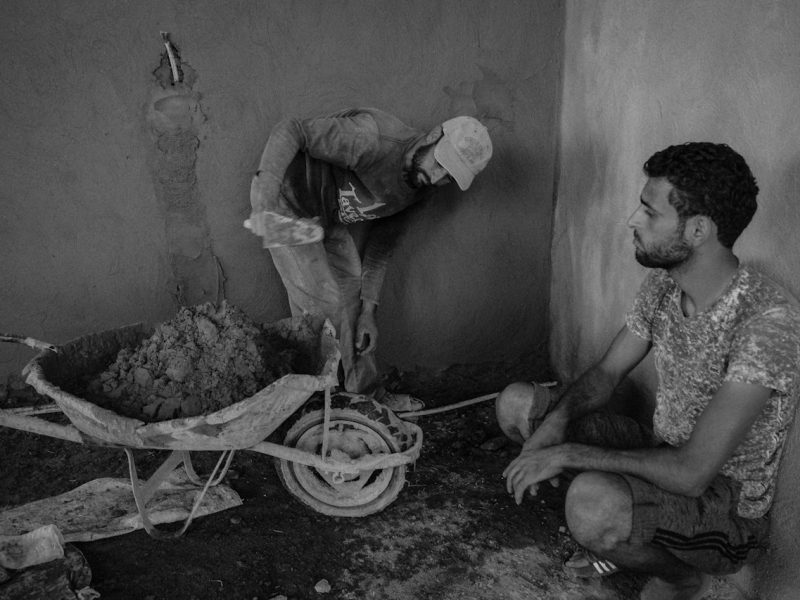[…] Many are the faces, the stories and the evident effects on the lives of thousands of persons whom the culture of deterioration and waste has allowed to be sacrificed before the idols of profits and consumption. We need to be alert to one sad sign of the “globalization of indifference”: the fact that we are gradually growing accustomed to the suffering of others, as if it were something normal (cf. Message for World Food Day, 16 October 2013, 2), or even worse, becoming resigned to such extreme and scandalous kinds of “using and discarding” and social exclusion as new forms of slavery, human trafficking, forced labour, prostitution and trafficking in organs. “There has been a tragic rise in the number of migrants seeking to flee from the growing poverty aggravated by environmental degradation. They are not recognized by international conventions as refugees; they bear the loss of the lives they have left behind without enjoying any legal protection whatsoever” (Laudato Si’, 25). Many lives, many stories, many dreams have been shipwrecked in our day. We cannot remain indifferent in the face of this. We have no right.
Together with neglect of the environment, we have witnessed for some time now a rapid process of urbanization, which in many cases has unfortunately led to a “disproportionate and unruly growth of many cities which have become unhealthy to live in [and] inefficient” (ibid., 44). There we increasingly see the troubling symptoms of a social breakdown which spawns “increased violence and a rise in new forms of social aggression, drug trafficking, growing drug use by young people, loss of identity” (ibid., 46), a lack of rootedness and social anonymity (cf. ibid., 149). […]
[…] Africa offers the world a beauty and natural richness which inspire praise of the Creator. This patrimony of Africa and of all mankind is constantly exposed to the risk of destruction caused by human selfishness of every type and by the abuse of situations of poverty and exclusion. In the context of economic relationships between States and between peoples, we cannot be silent about forms of illegal trafficking which arise in situations of poverty and in turn lead to greater poverty and exclusion. Illegal trade in diamonds and precious stones, rare metals or those of great strategic value, wood, biological material and animal products, such as ivory trafficking and the relative killing of elephants, fuels political instability, organized crime and terrorism. This situation too is a cry rising up from humanity and the earth itself, one which needs to be heard by the international community.[…]




